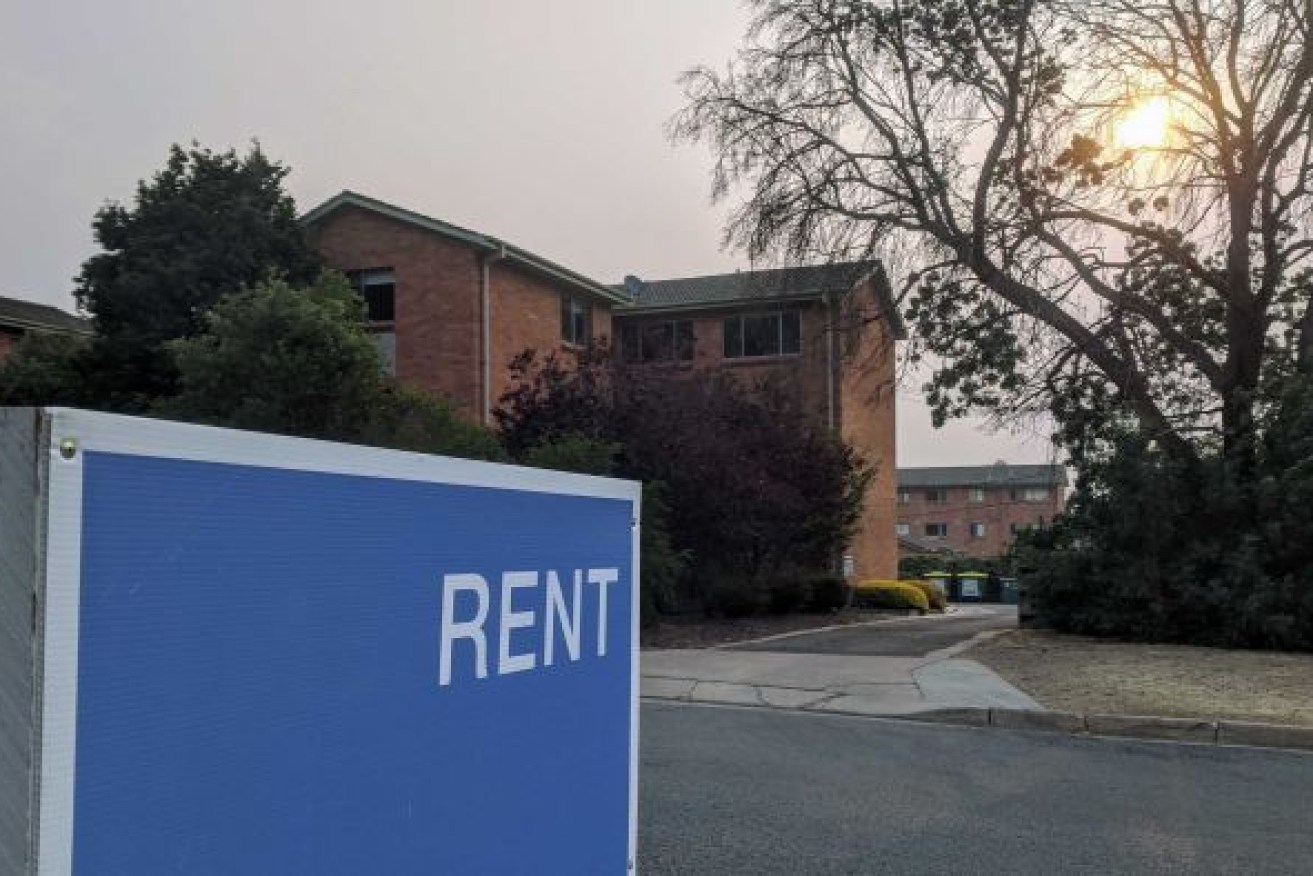Demolition job: Auditor-General’s wrecking ball report on social housing failures
The waiting list for social housing in Queensland has exploded 78 per cent in the last four years, with the Department of Communities, Housing and Digital Economy unable to properly account for nearly 40 per cent of applicants in need of a home.


Queensland's Auditor-General has slammed the State's public housing crisis. Photo: ABC
The damning findings are contained in the Auditor-General’s report on how the state government is managing sky-rocketing demand for publicly subsidised housing in the wake of soaring house prices and rental shortages.
The report tabled in State Parliament today predicts the housing crisis will worsen as interest rates climb and living cost pressures intensify.
Allocating a number to the looming dwelling shortfall will be almost impossible, according to Auditor-General Brendan Worrall, because the department does not forecast future social housing need in Queensland or model how changes in the cost of living and rising rents might impact demand.
The information gap will have serious implications for how well the state government can plan ahead in response to the changing market, the report concluded.
The report’s author also has serious doubts about the state government’s commitment announced in March to build 6365 dwellings by 2025.
“While the style and location of new builds aligns with current social housing demand, these dwellings alone will not be sufficient as growth of the register is likely to accelerate with rising interest rates and a tightening rental market,” Worrall said.
Sixty-one per cent of applicants on the social housing register are classified as high need. The remaining 39 per cent are unlikely to be allocated a dwelling, with the auditor-general suggesting a large proportion of people are falling through cracks in the system because they are unable to be contacted or have inactive applications.
Housing Minister Leeanne Enoch said she welcomed the report which had arrived at “exactly the right time”, amid “incredible pressure” not unique to Queensland.
“The report presents a number of opportunities for the department to improve its approach to the management of the social housing register to ensure it is the sharpest tool possible,” she said.
Enoch said the department had taken “early and decisive action” that delivered on recommendations contained in the report, including a process of contacting all applicants on the social housing register that started in May last year.
Through his investigation, Worrall identified about 15 per cent of government-managed social housing as “under occupied”.
This is because tenants are not required to relocate to smaller dwellings if their needs have changed since the start of their occupancy agreement.
He said the department also lacks a formal process to proactively identify tenants that it can support to transition away from social housing and into the private rental market.
The report was scathing of the department’s internal processes to manage the housing register, describing them as “not effective”.
“The department needs to take a multi-faceted approach to the growing housing pressure. It needs to improve its current systems and processes to better manage the increasing demand for social housing in Queensland,” the report said.
It also said the department’s needs assessments were not recorded consistently, with one in five applications incorrectly recorded and half missing appropriate internal checks.
Poor record-keeping means 8430 social housing dwellings have two or more spare bedrooms, a problem made worse because the department has no structured process to proactively identify tenants who could transition to private rentals or home ownership with the right support.
Shadow Housing Minister Tim Mander said despite having more than seven years to address the problem, the issue had only worsened under Palaszczuk administration.
“There are more than 50,000 Queenslanders on the waiting list for social housing,” Mander said.
“At a time when working families on dual incomes are forced to live in cars or tents, every suggestion to improve the situation must be taken on board.”
He said a report by the Commonwealth Productivity Commission revealed that in 2020-21, Queensland spent less on social housing per person than any other state or territory.
Mander said there were immediate steps the state government could take to address the housing crisis in Queensland.
“Releasing land for freehold, affordable and social housing must be a priority for the state government,” he said.
“The LNP also believe that government must partner with, and unlock the community housing sector.
“These organisations are ready made to help house the vulnerable. If we empower them, and allow them to leverage housing stock, they can help put a roof over the head of vulnerable Queenslanders.”












